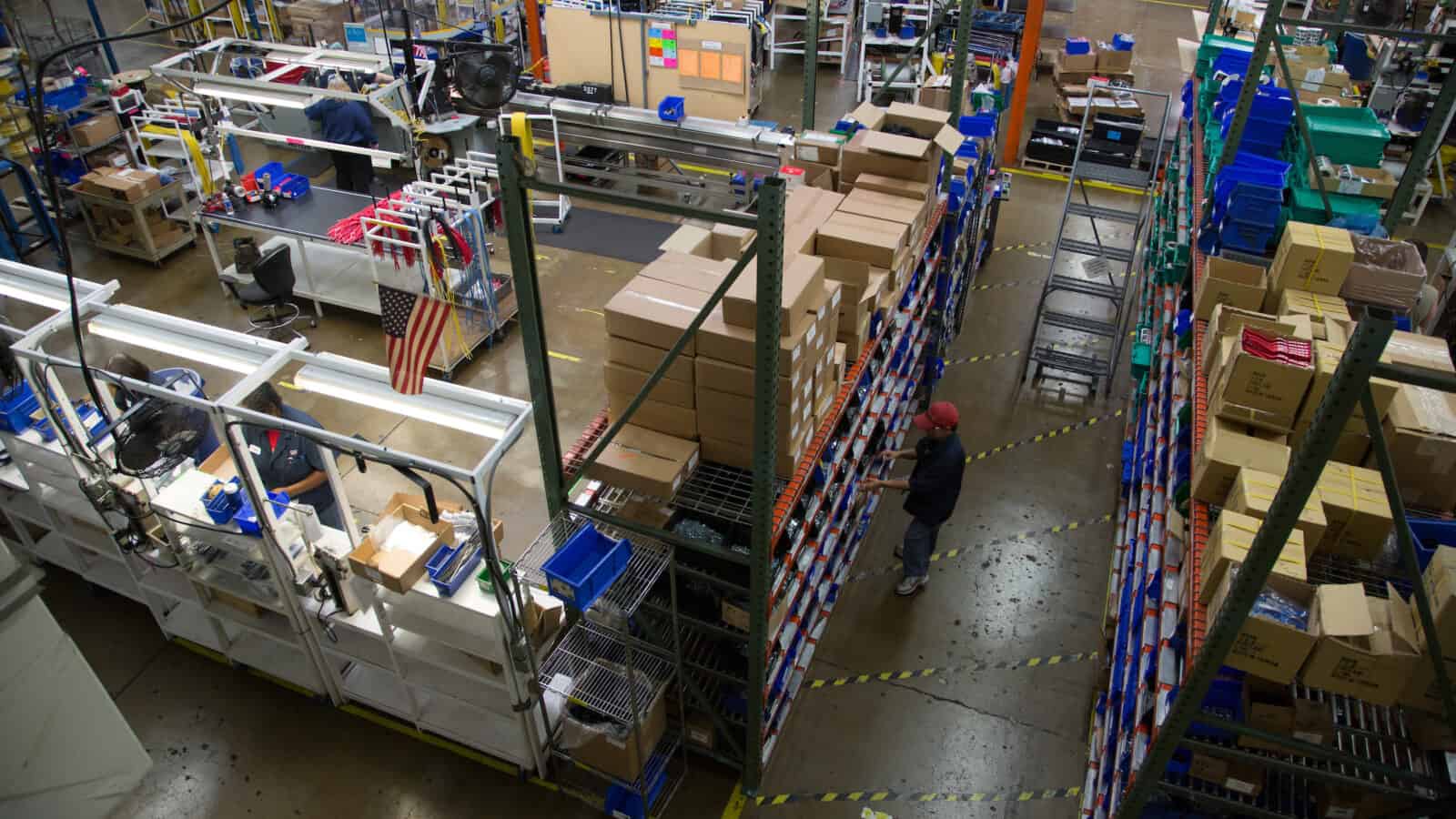Manufacturing Institute Takes on Second Chance Hiring
Get the Latest News
Sign up here
The Manufacturing Institute—the workforce development and education partner of the NAM—is partnering with the Charles Koch Institute to expand second chance hiring opportunities in the manufacturing industry.
What is second chance hiring? One in three Americans possess a criminal record. Without being offered a “second chance” at a stable job, many in this sizable talent pool are excluded from the workforce.
Why it matters: The manufacturing industry has more than half a million jobs open right now and will need to fill 4 million over the next decade. Second chance programs not only increase equal opportunity and diversity in the industry but are also a key tool for building manufacturing’s future workforce.
What we’re doing about it: The MI’s initiative, funded by a grant from the Charles Koch Institute, will offer resources and expertise to help employers make the best use of second chance hiring. These resources will include roundtable discussions and webinars, C-suite leadership events, case studies, a pilot program and original research for the manufacturing industry.
The MI says: “Second chance hiring gives businesses an opportunity to welcome highly motivated, engaged, productive and loyal new team members that may otherwise be overlooked,” said MI Executive Director Carolyn Lee. “This is not only the right thing to do for our businesses, but it’s also the right thing to strengthen our communities.”
- “This partnership enables the MI to educate manufacturers in America on second chance hiring best practices and help them utilize second chance hiring as a strategy to fill open jobs. This effort will also expand our Diversity and Inclusion initiative that’s critical to the future health and success of the industry.”
A real-world example: Nehemiah Manufacturing Co., a consumer-product manufacturer in Cincinnati, has a workforce of about 180 employees—about 80% of whom have criminal records, according to The Wall Street Journal (subscription). These employees serve in all sorts of positions, including leadership roles, from production to fulfillment and more.
- “We found that the population we were hiring who had criminal backgrounds were our most loyal people,” Nehemiah President Richard Palmer told the Journal. “When we were looking for people to work overtime, come in on Saturday or go that extra mile, it was the second-chance population that was saying, ‘I’m in.’”
The last word: “One of the biggest barriers to successful reentry for those with a record is lack of employment opportunities,” said CKI Executive Director Derek Johnson. “If we truly want to reduce recidivism and increase public safety, all while empowering those returning to our communities to contribute at their fullest potential, we need to expand second chance hiring opportunities. CKI is proud to join this partnership to scale that impact and expand second chance hiring across more employers.”



